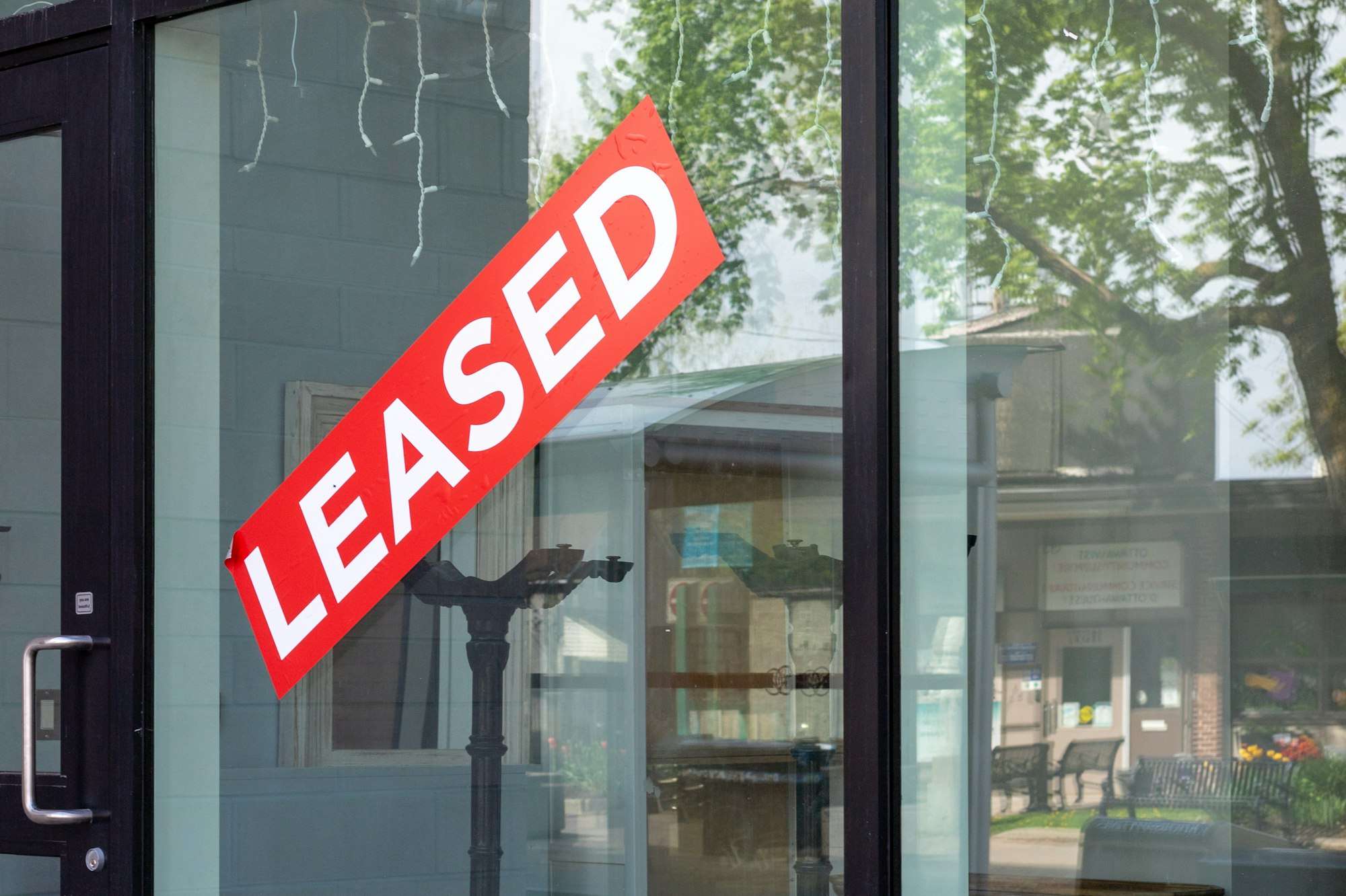In the world of commercial leasing, every detail matters. The terms outlined in these agreements lay the groundwork for business relationships that may last years, if not decades. But what happens if a party believes a term in the lease is missing or has been inaccurately represented? Let’s find out.
Allegations of Missing or Incorrect Terms
Sometimes, a party might raise concerns that a certain term of the lease agreement is either absent or incorrect. To substantiate this claim, they might refer to prior drafts of the lease or even an “Offer to Lease.”
Should both parties concur that a term is indeed missing, the lease can be effortlessly amended. But, when there’s a disagreement, the waters get murkier.
The Path to Rectification
The party alleging the oversight might seek what’s known as “rectification” of the lease. This equitable remedy aims to correct documents when the written agreement doesn’t genuinely represent the mutual understanding of both parties.
However, it’s crucial to understand that the court isn’t in the business of rewriting agreements. They aim to discern the objective intention of the involved parties as showcased in their agreement. The court isn’t focused on making agreements “fair” but, rather, accurate.
In instances where a contract and the subsequent documented agreement diverge in terms, rectification might be on the cards. The essence here is that equity courts rectify documents, not the contracts themselves.
Criteria for Rectification
For a rectification claim to stand, the claimant must demonstrate:
- The written document doesn’t truly mirror the mutual agreement.
- Both parties maintained a shared, persistent intention regarding the provision in dispute right up to the signing of the document.
In the context of a lease, a preceding “Offer to Lease” might signify this prior agreement. Yet, if this offer stipulates that both parties must come to terms on the lease’s details before an agreement is reached, there isn’t a preceding agreement to lean on. In such cases, rectification isn’t an option.
Evidence: A High Bar
The evidentiary threshold for rectification is notably high. Claimants must provide evidence that is certain and convincing. Courts are wary of enforcing terms that weren’t mutually agreed upon.
Grounds for Opposition
A defendant might refute a rectification claim, arguing:
- The term wasn’t omitted as it was never mutually agreed upon.
- The “missing” term was an intentional revision before the lease’s drafting.
- The party alleging the omission is barred from rectification, having let the other party act based on the lease with the “omitted” term.
Other Relevant Circumstances
Several other scenarios might come into play in a rectification claim:
- A lease can be rectified even if it results in one party violating the lease.
- A successor might make a rectification claim under certain conditions if they’ve inherited the rectification claim.
- Rectification might be denied if the opposing party has significantly altered their stance based on the incorrect term.
Rectification vs Interpretation
It’s paramount to differentiate between rectification and interpretation. If both parties agreed to a lease’s wording, a court’s unexpected interpretation of a clause likely won’t pave the way for rectification.
Conclusion
In the intricate dance of commercial leasing, clarity is key. When terms go amiss or are inaccurately captured, the equitable remedy of rectification can be a beacon of hope. However, with its stringent criteria and the court’s objective lens, it’s a path treaded with caution. Always consult with a legal expert when navigating these waters.






